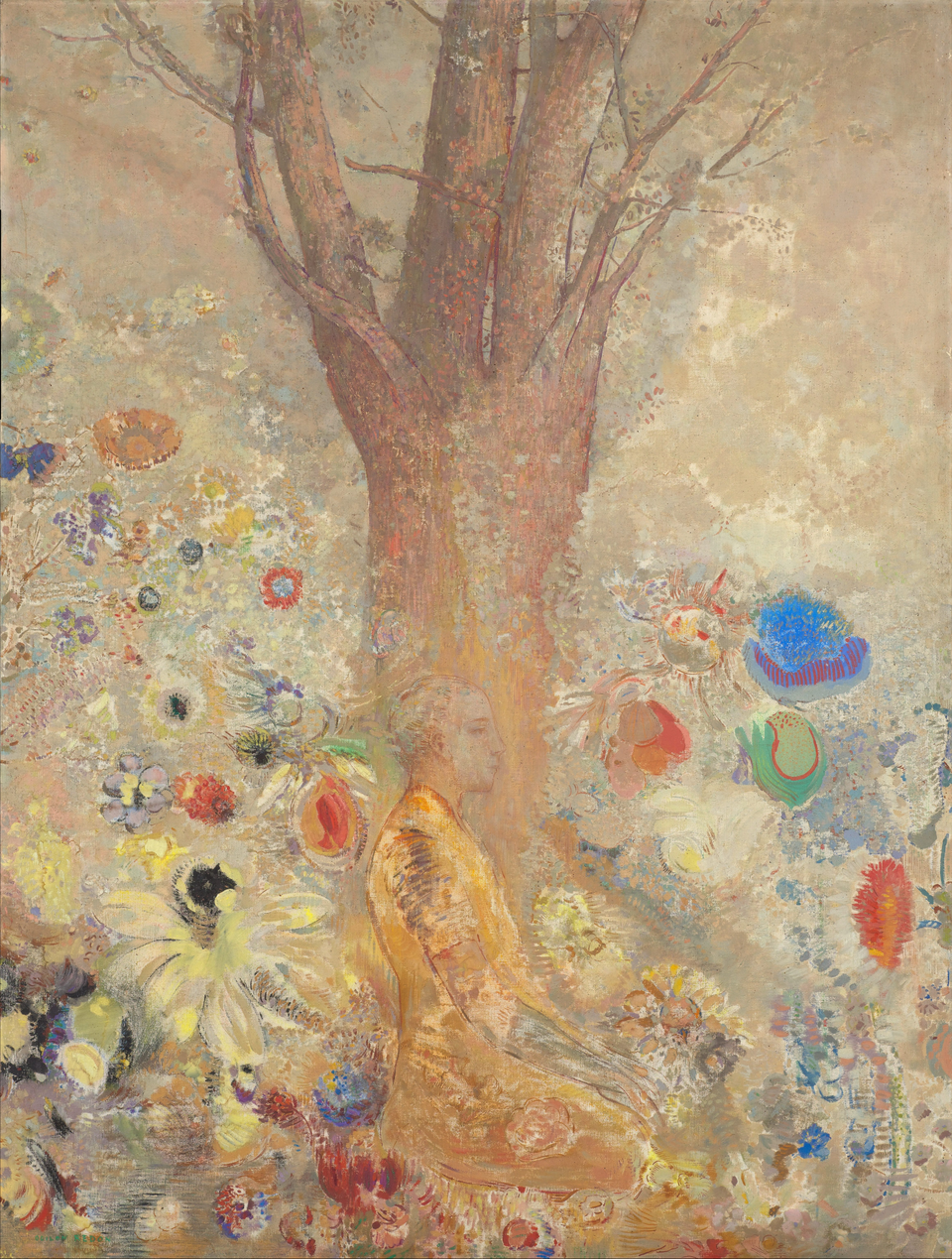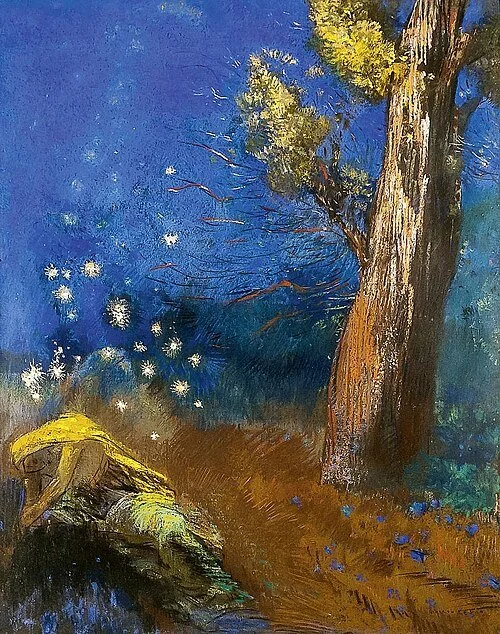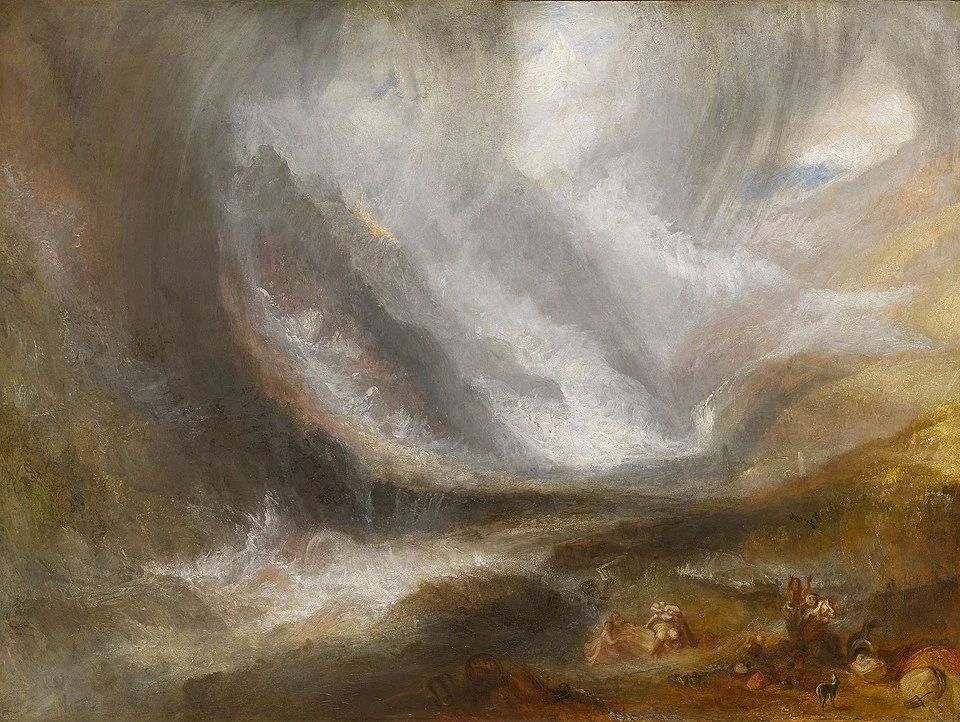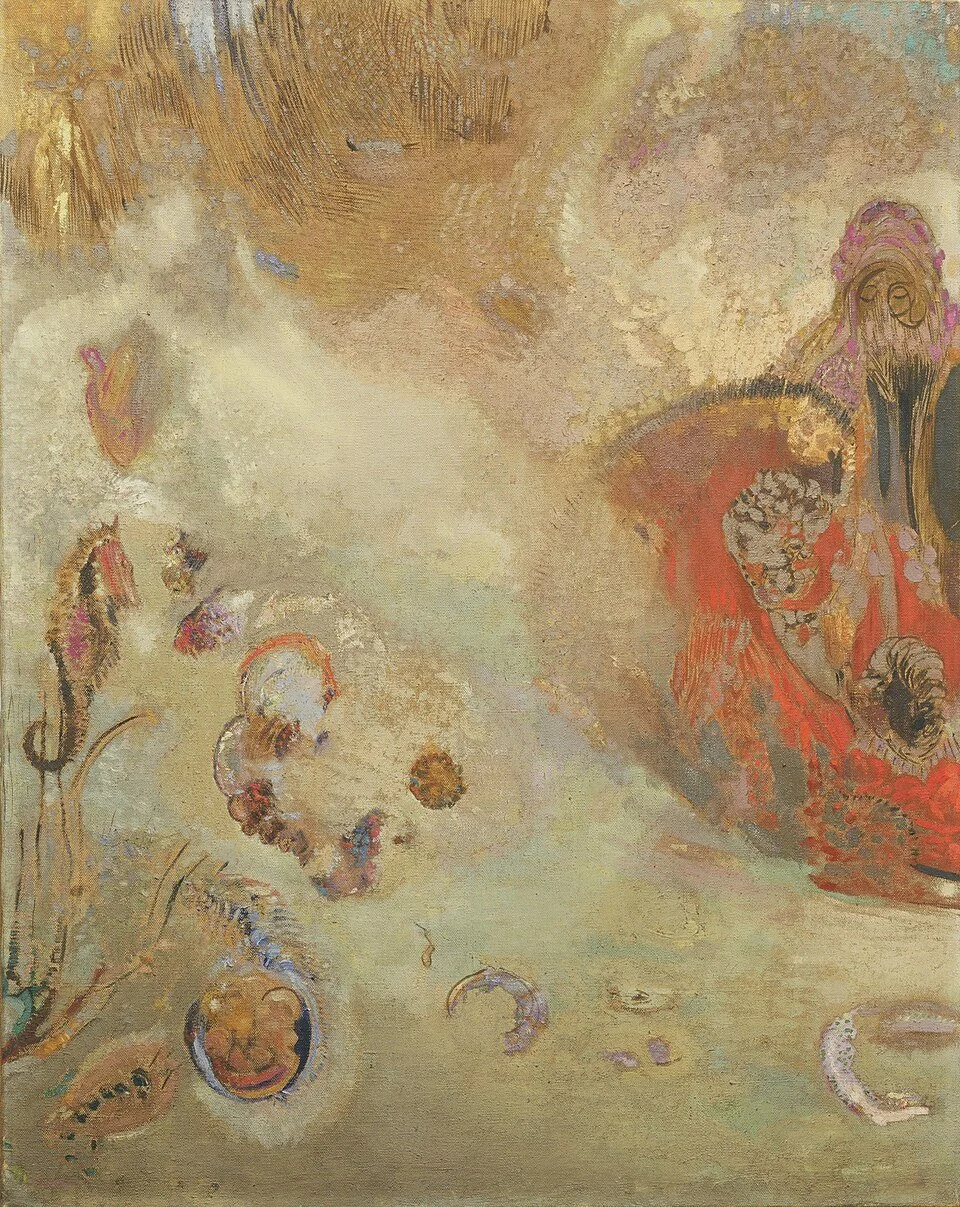Old lessons on learning and wisdom from Siddhartha
Siddhartha (published in 1922) is a beautifully written spiritual novel by Hermann Hesse about a Nepalese man's journey of self-discovery and search for enlightenment (ultimate wisdom) during the time of the Buddha. Though fictional, the novel essentially presents the key principles of Buddhism in a digestible manner and offers answers about life, love, time, and death.
The lessons in this book have been said time and again. Partly because some of them are based on Buddhist principles, which have been around for over 2,500 years. But it’s an important book because it shows why we need to revisit conventional truths until we internalize them and it introduces Buddhist principles in a way that’s accessible to others.
How this novel relates to the story of the Buddha
The beginning of Siddhartha is so similar to the story of the Buddha that I thought I was actually reading the story of the Buddha. First of all, Siddhartha (the protagonist) is the name of the Buddha before he becomes enlightened.
Can you blame me for confusing the two?! Both stories involve rich, handsome, and well-loved men feeling dissatisfied with their lives and leaving home to find answers about the elusive Self and how to get rid of their suffering.
The style of writing is also similar to that of Buddhist texts—both are authoritative, omniscient, and lyrical (yes, I’d argue that Buddhist texts are lyrical. If you don’t believe me, just read the story of Indra’s Net). I think it’s intentional that the stories share many similarities—it means we should pay close attention to the parts which differ from the story of the Buddha (and that these differences are easier to identify).
1. You can’t learn wisdom
Hesse seems to imply that wisdom is the most valuable attribute a person can have since it’s what enables Siddhartha to experience enlightenment. And the most heavily emphasized message in the novel is about wisdom—specifically, that it can’t be taught by others.
After Siddhartha leaves his family, he joins a group of elder Samanas (wandering ascetics) and spends his days learning how to meditate and fast to eliminate his desires. While he learns that these practices help tame his desires and enhance his understanding of the world, he ultimately realizes that the Samanas’ teachings are limited.
Because the Samanas never experienced enlightenment, they are not qualified to teach others how to attain it. The important point here is that we shouldn’t take advice from people who haven’t demonstrated their credibility or whose words don’t align with their actions. And we shouldn’t assume that age or authority guarantees wisdom.
Credibility is shown through continuous actions and outcomes, not pretenses. For instance, you don’t take fitness lessons from an overweight trainer because they either don’t know to lose weight or have ineffective methods to follow their own teachings.
While this isn’t a new message, what Hesse proceeds to is more radical. Once Siddhartha leaves the Samanas, he encounters the Buddha and a community of monks. When he asks the Buddha what enlightenment is truly like, the Buddha says it’s incapable of being described with words.
Since the Buddha is unable to convey the experience of enlightenment, Siddhartha realizes that even having a suitable teacher wouldn’t help him—words and teachings are not only useless in furthering his quest for enlightenment but are also red herrings.
Thus, Siddhartha renders words in all forms (books, teachings, prayers) counterproductive to his purpose and concludes that "nobody finds salvation through teachings.” He must forge a path to enlightenment alone as his own teacher and guide.
This is a strong assertion of an individual’s value. It’s saying that you have everything you need to reach enlightenment on your own and getting help from another person is actually a hindrance. I think there’s merit in this view when applied to attaining wisdom, but not necessarily knowledge.
Let’s look at an example with wisdom. Imagine parents trying to teach their children a life lesson like the importance of telling the truth. The parents can preach all they want, but their words won’t have an effect until their children experience the harmful ramifications of lying and reach the same conclusion on their own. Wisdom can’t be internalized through teachings; it must be experienced alone.
However, I don’t think this principle holds when applied to attaining knowledge. While true understanding of a concept is reached independently, effective teachers and books can help you learn more quickly. I would improve my writing significantly faster with a mentor or teacher—there’s a lot of value in having someone identify and correct gaps in your understanding as well as provide a positive model to emulate.
***
For a brief interlude…check out these articles for more insights + subscribe to my newsletter:
2. Reframe how you view your mistakes
"I had to experience despair, I had to sink to the greatest mental depths, to thoughts of suicide, in order to experience grace, to hear Om again, to sleep deeply again and to awaken refreshed again."
After renouncing the ascetic way, Siddhartha reintroduces material goods and pleasures into his life. He meets a beautiful courtesan, Kamala, and agrees to work as a merchant in exchange for lessons from Kamala about love.
Eventually, Siddhartha goes too far to the opposite extreme of asceticism and indulges in excess pleasure, wealth, gambling, food, and wine until he reaches a point of such darkness that he considers drowning himself. While he knew these pursuits were harmful, he had to experience their effects to internalize the message: "now I know it not only with my intellect, but with my eyes, with my heart, with my stomach."
Crucially, Siddhartha didn't regret his downward spiral or dwell on it for too long because it served an important purpose: it redirected Siddhartha to a more balanced life with less material pleasures. Sometimes you have to make mistakes to understand what you should be doing instead.
It’s important to train your mind to genuinely view mistakes as necessary and helpful, which will allow you to replace guilt and regret with comfort and reassurance that you’re either on the right path now or know what it is.
Lastly, the more we try to forget a memory, the more it sticks with us. Reflecting on it frees us and allows us to take what’s beneficial from it and discard the rest.
Now onto a message you might not have heard before.
3. There’s an unknowable quality in everything
"There is, so I believe, in the essence of everything, something that we cannot call learning."
Every existing thing has elements that are beyond our comprehension. There's some element that we can't place but which different states of mind (like dreams, our subconscious, or deep meditation) allow us to access or understand—the unknown element in us recognizes and comprehends the unknown element in them.
I think Hesse would say this is because our rational brains don’t understand the depth of interconnectedness of every existing entity in the world. Our words and thoughts limit our perception of the true nature of the world, which is why the Buddha was unable to explain enlightenment to Siddhartha.
This reminds me of times when I’ve thought about something for too long or said a word too many times and it lost all its meaning. If we think about the essence of a concept or object for too long, our understanding of it usually falls apart. But we don’t have to fully understand things to go about our lives. We don’t even understand how our own brain works and yet it keeps us alive.
And understanding this unknowable quality isn't found in denying things, but in accepting them as they are—that's why Siddhartha learned more from Kamala and the merchant he worked for than from the Samanas who restricted their bodies and living standards. You have to leave things as they are instead of trying to change them or yourself.
The greatest truths are unveiled once you surrender to them, accept the world as it is, and stop trying to force your way: "perhaps you seek too much, that as a result of your seeking you cannot find."
Be sure to check out part 2.
If you liked this post, check out these:
Toltec wisdom on love and the nature of life
Time: why it’s important not to squander and how to spend it










